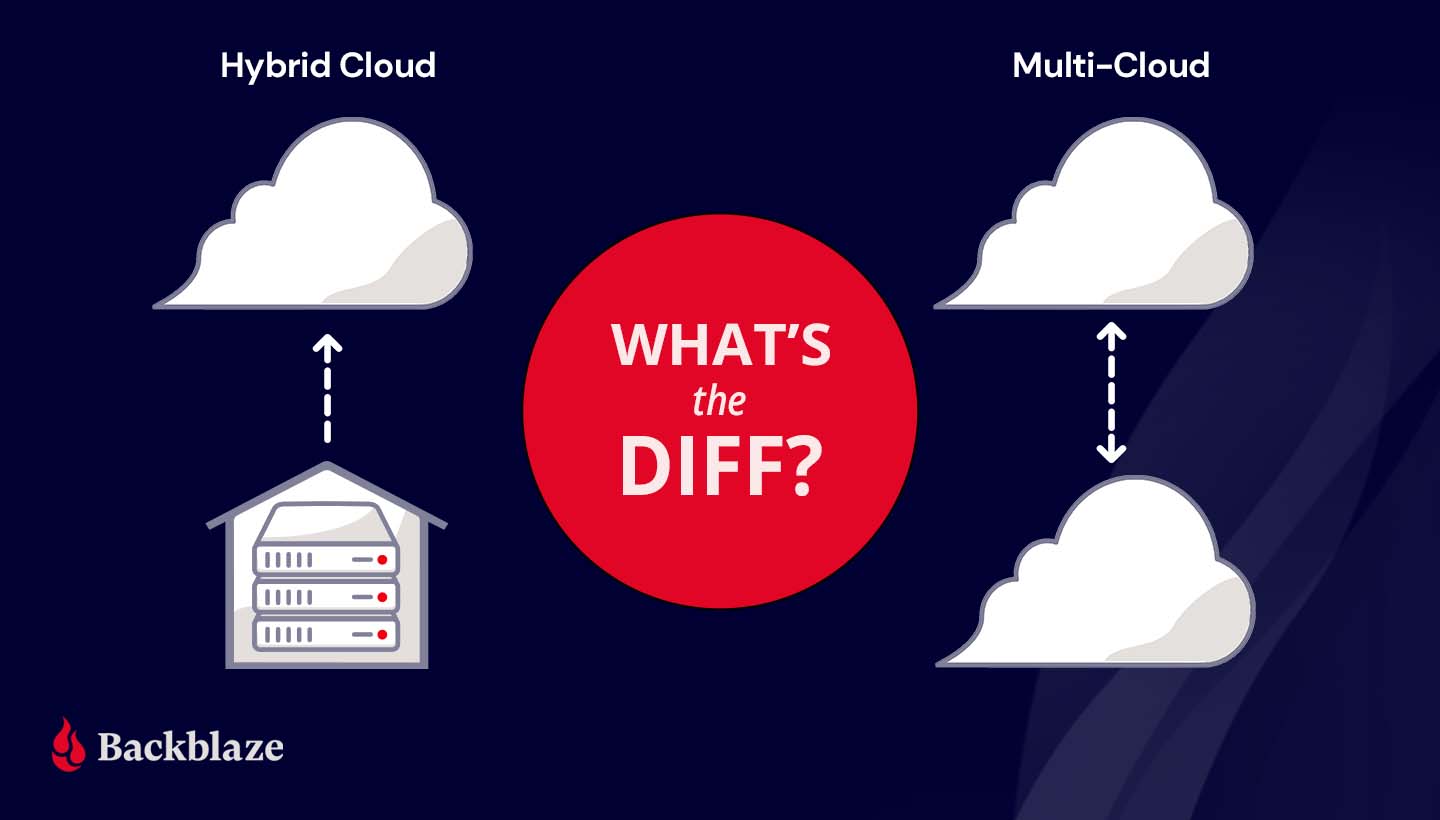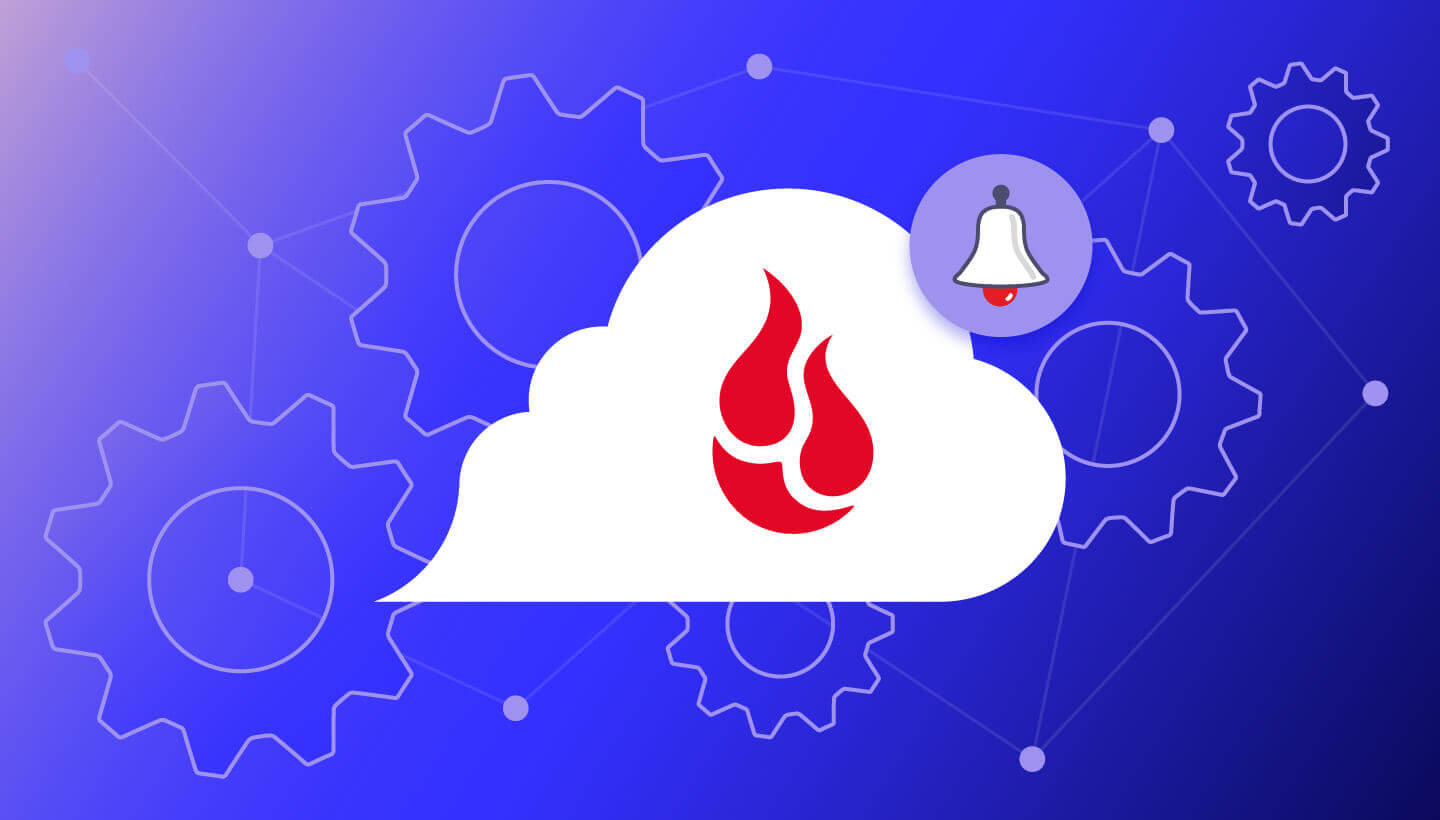
Hybrid Cloud Resources
Hybrid cloud refers to a cloud environment made up of both private cloud resources and public cloud resources with some kind of orchestration between them. Learn more about the benefits and use cases for hybrid cloud, including case studies and how to get started.
Get Started Today With Hybrid Cloud Solutions From Backblaze
Get Started
Featured Hybrid Cloud Guides and Resources
Hybrid Cloud Solutions from Backblaze
-
What is the difference between hybrid cloud and multi cloud?
The difference between hybrid cloud and multi-cloud lies in the cloud infrastructure employed by each. Both of them involve deployments integrating more than one cloud. A multi-cloud architecture involves integrating two or more public cloud services, usually from different providers.
A hybrid cloud integrates a private cloud and a public cloud. Typically, but not always, the private cloud is housed on-premises or on rented rackspace in a data center where the hardware is dedicated to a single tenant.
-
What are the advantages of hybrid cloud solutions?
The advantages of hybrid cloud solutions include:
• Enhanced scalability: With hybrid cloud solutions, you can increase your data management capacity without purchasing expensive hardware like servers upfront. Cloud solutions can be spun up on demand and offer virtually infinite capacity.
• Enhanced flexibility: A public cloud provides scalability and low upfront cost, while a private cloud provides high speed, local access to files when you need them urgently. When you combine both in a hybrid cloud solution, you get the flexibility to leverage the right kind of storage for your different use cases.
• Cost effectiveness: Public clouds typically charge for services in a pay-as-you-go model, eliminating the high upfront cost of purchasing infrastructure. Many also offer capacity-based pricing as well, giving you flexibility in how you purchase cloud services. Further, a hybrid cloud solution allows you to maximize on-premises resources you’ve already invested in, while opening up an option for expanding your capacity without purchasing more infrastructure.
-
What is the meaning of scalability in hybrid cloud?
Scalability means that you can increase or decrease capacity based on demand. If you use cloud computing services, that means you can increase capacity without purchasing additional hardware. Cloud services can accommodate rapid growth without causing disruptions, downtime, or strain on your systems. Conversely, if you need to scale resources down, you can do so without maintaining excess infrastructure that’s just sitting unused.
-
What are the key hybrid cloud security considerations?
A hybrid cloud solution allows you to store critical or sensitive data in a private cloud and less sensitive data in a public cloud, allowing you to create an infrastructure setup that serves various use cases within your organization. That said, unless your industry requires certain data to be stored in a private cloud, a public cloud is a secure solution for most data, especially with enhanced data protection like encryption and Object Lock. Some key security considerations for a hybrid cloud infrastructure include ensuring your data is stored in compliance with any industry regulations, limiting risk by encrypting your data as it moves between your public and private clouds, and using least privilege access rules, among other security best practices.

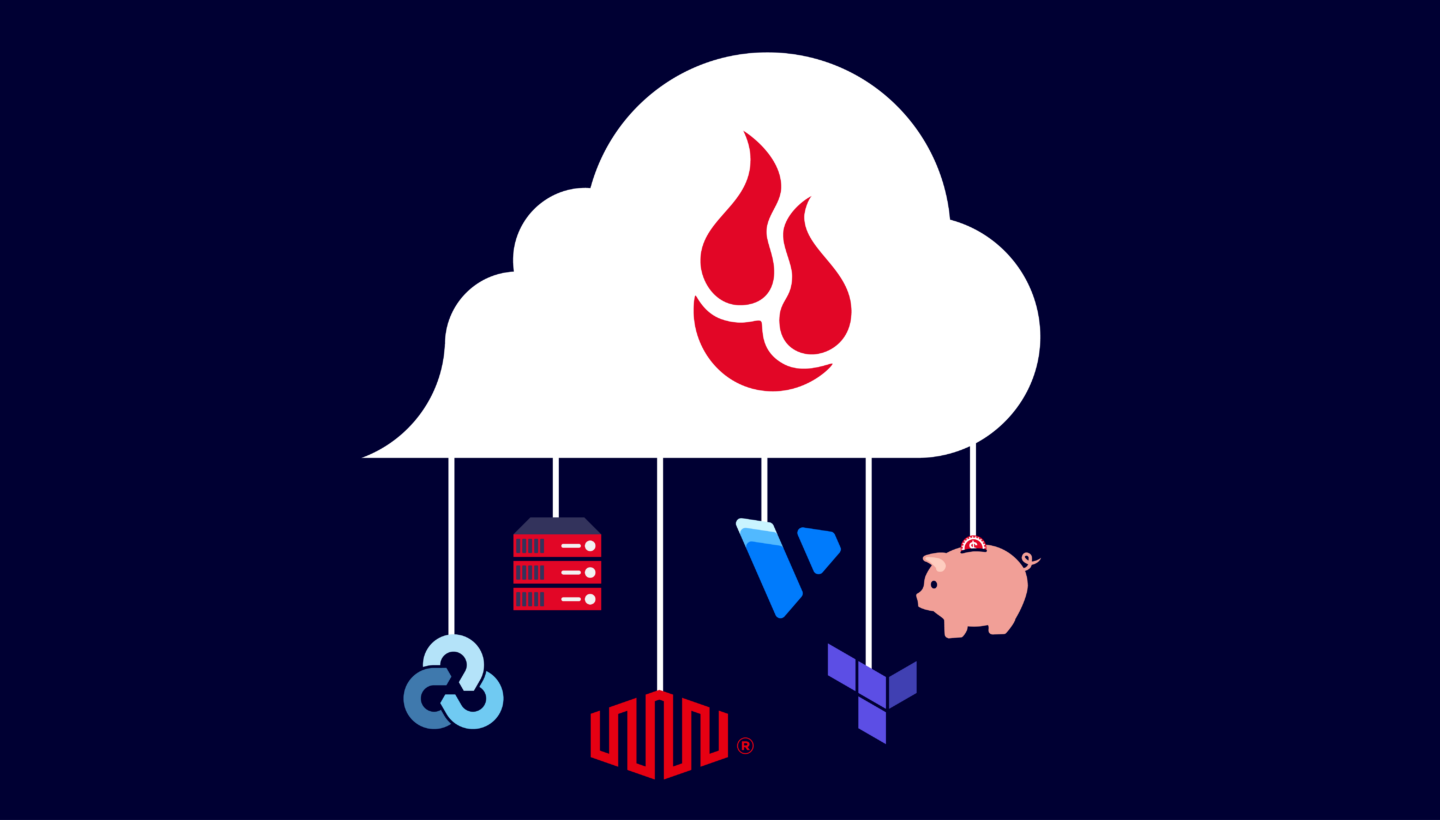
The Power of Specialized Cloud Providers: A Game Changer for SaaS Companies
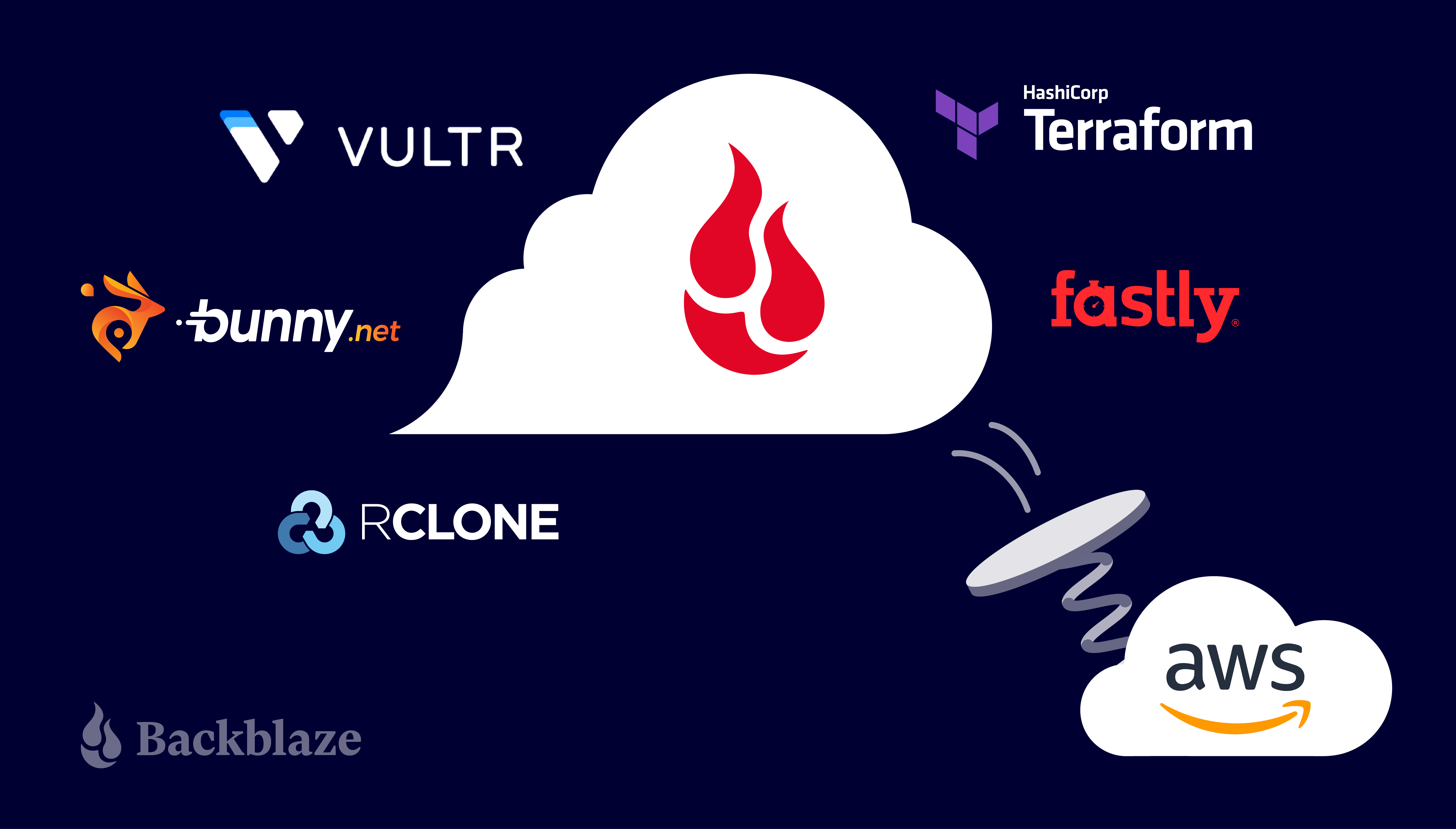
The Free Credit Trap: Building SaaS Infrastructure for Long-Term Sustainability
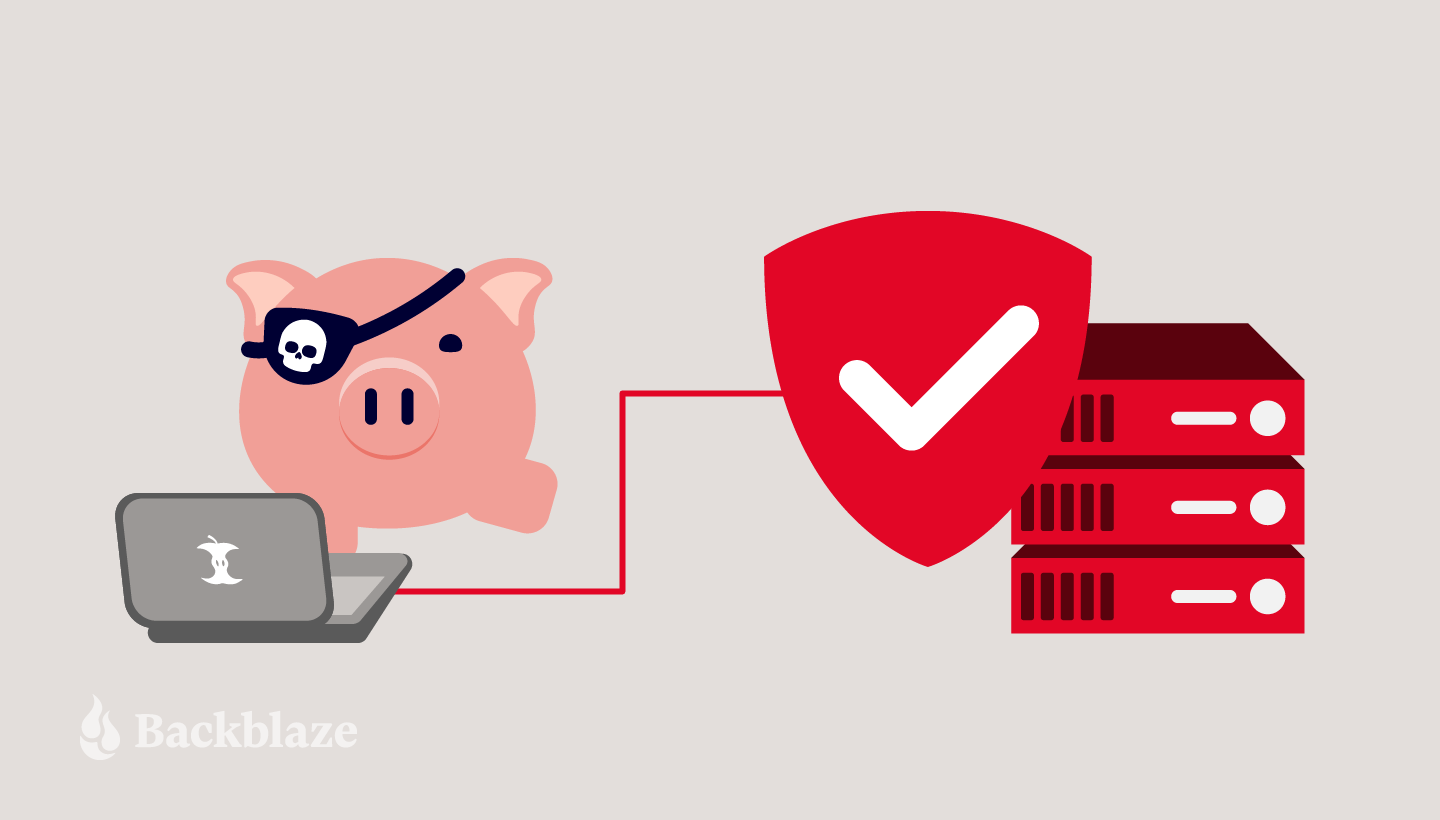
A Cyber Insurance Checklist: Learn How to Lower Risk to Better Secure Coverage
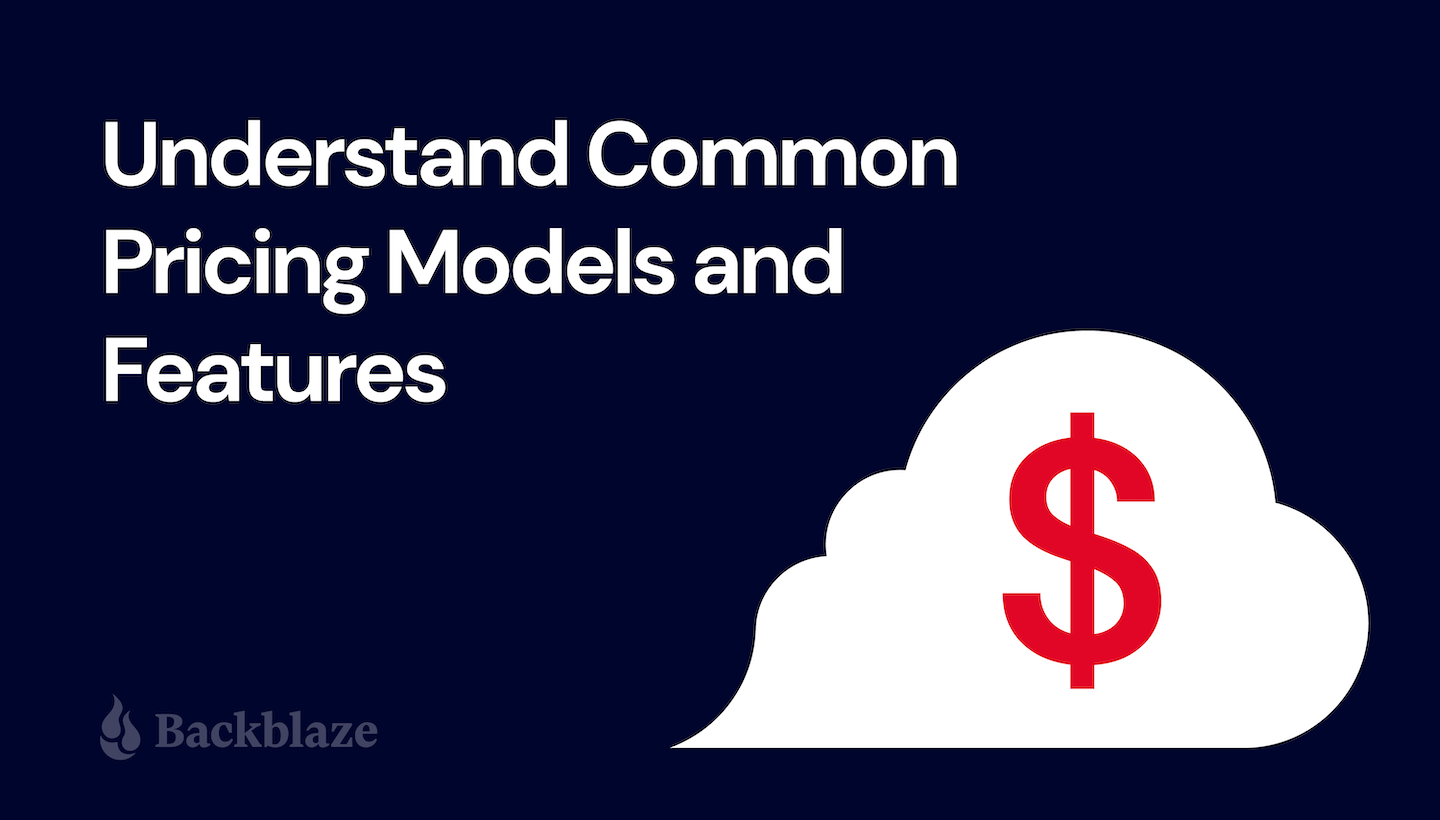
Cloud Storage Pricing: What You Need to Know

Server Backup 101: On-premises vs. Cloud-only vs. Hybrid Backup Strategies

Backup Solutions for Medical Offices
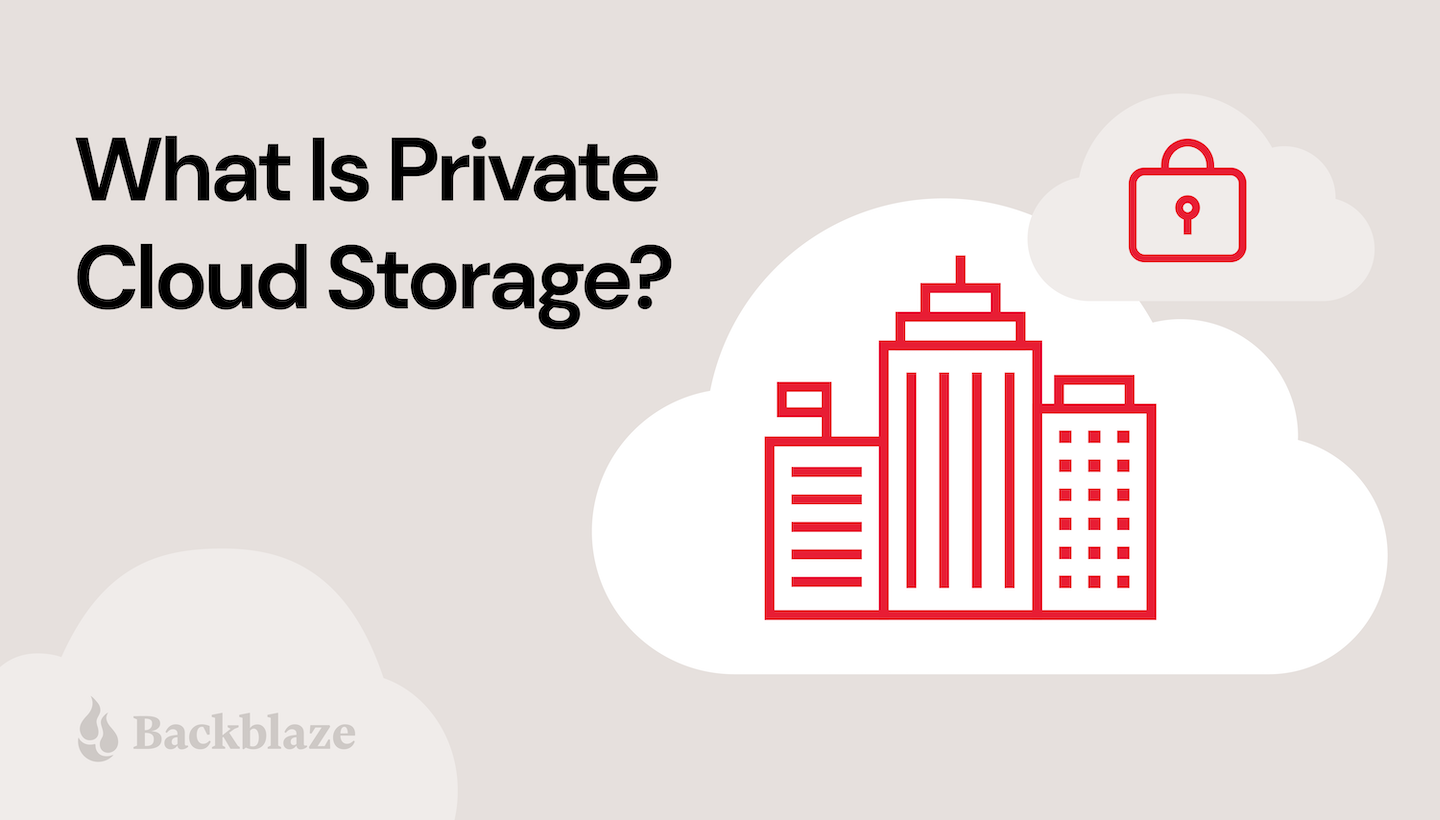
What Is Private Cloud Storage?
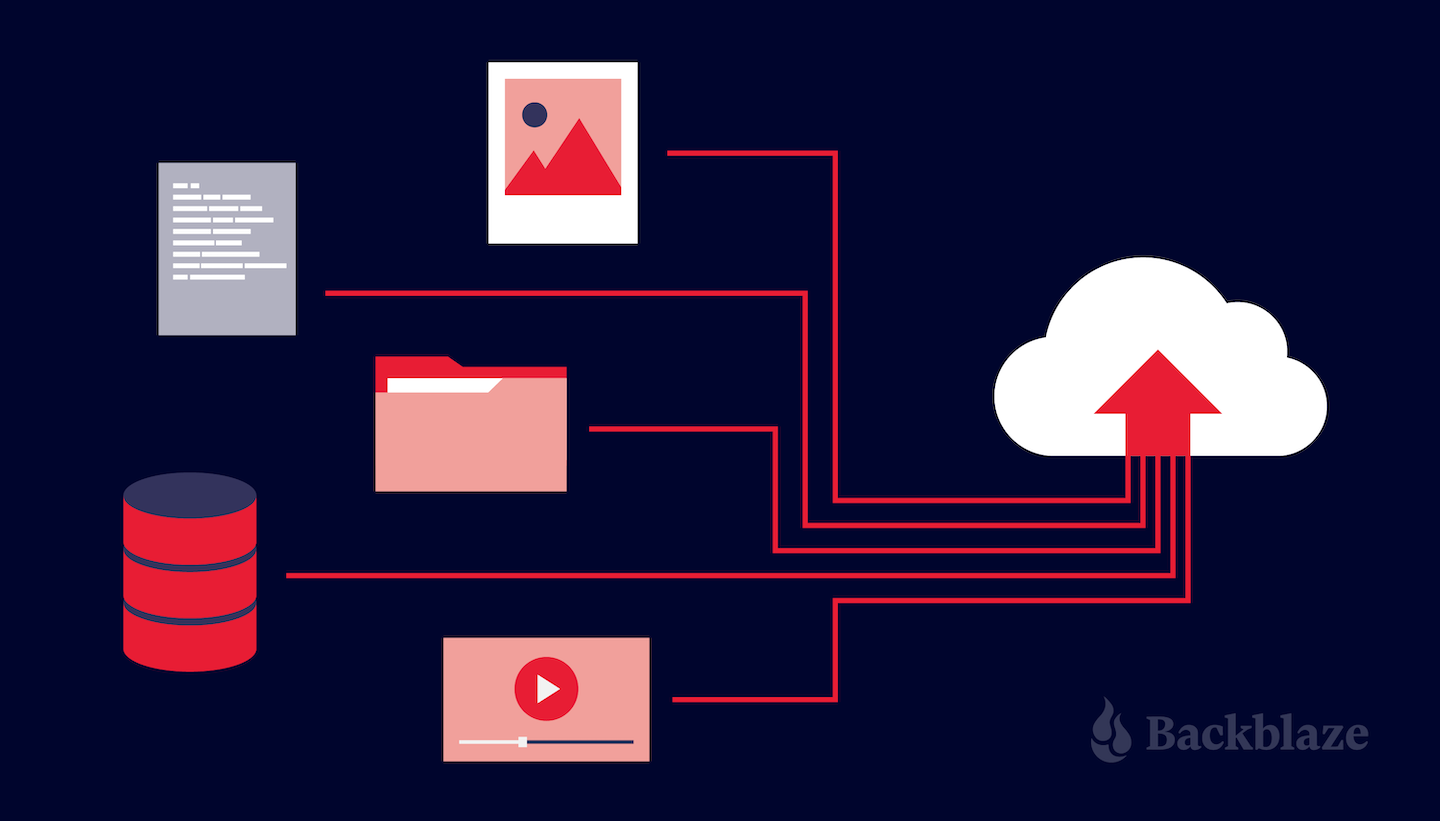
Hybrid Cloud and Modern Workflows for Media Teams

File Backup Solutions for Dentist Offices
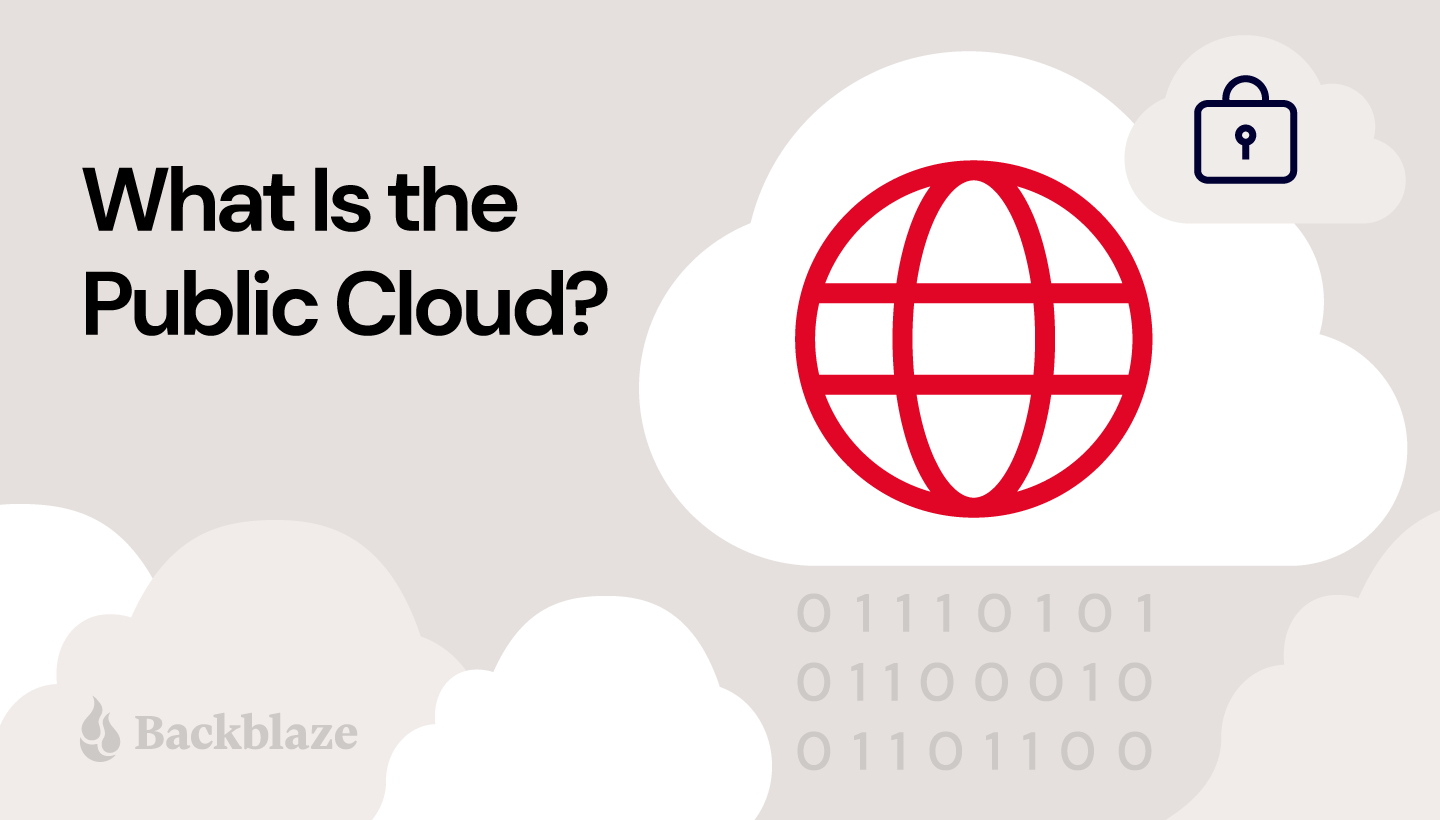
What Is the Public Cloud?
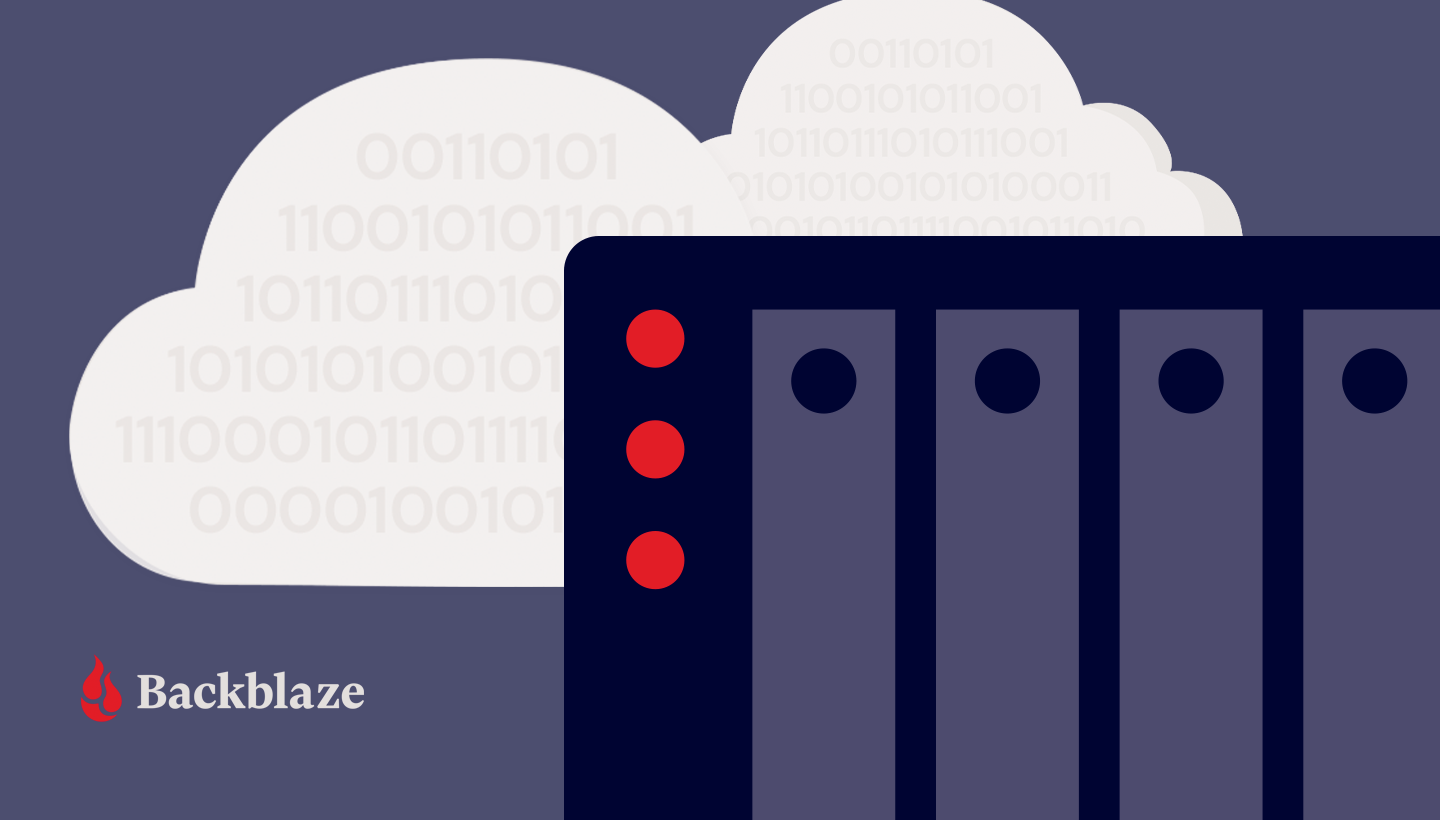
NAS and the Hybrid Cloud
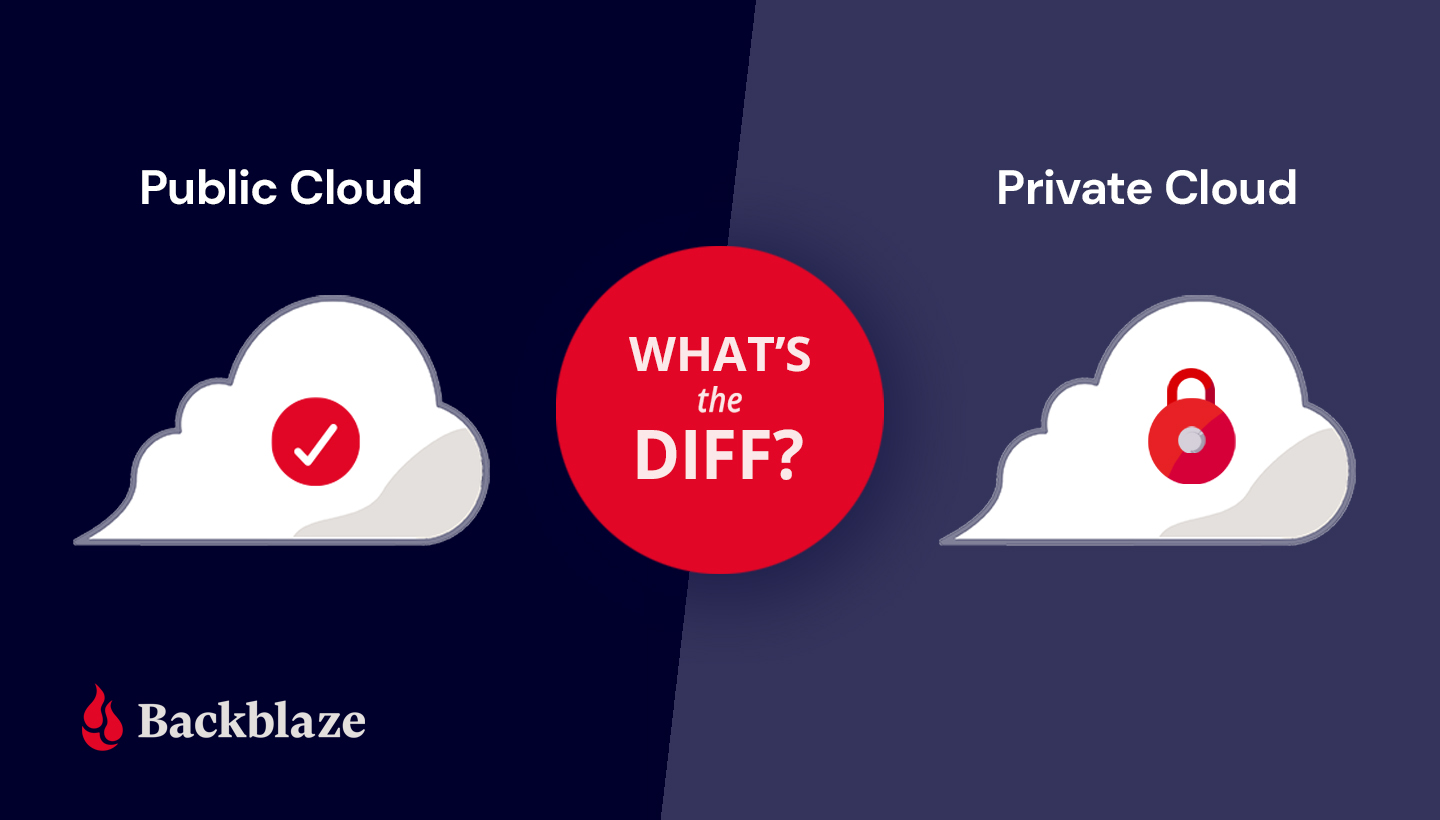
What’s the Diff: Private Cloud vs. Public Cloud
